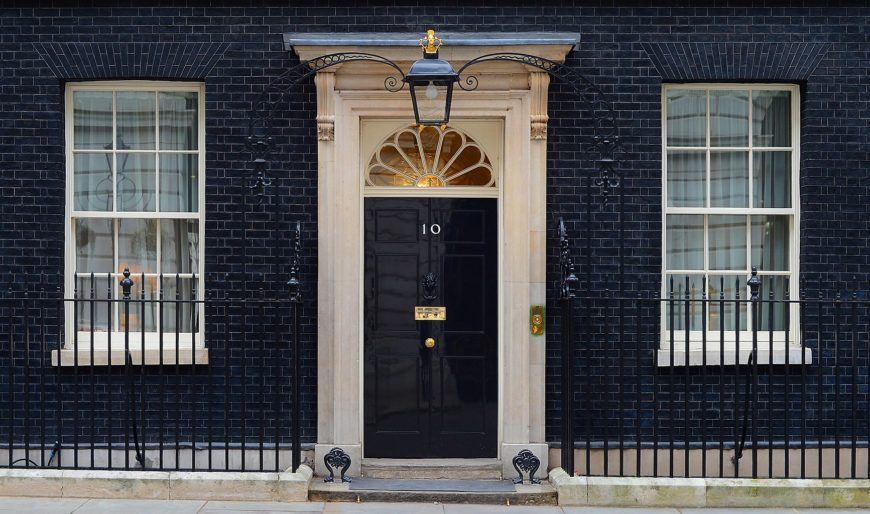Govt ‘orchestrating information blackout’ with secretive Cabinet Office unit
The Cabinet Office has been accused of undermining the UK's democratic system by controlling the information that leaves government.

The government has been accused of blocking Freedom of Information (FOI) requests and blacklisting journalists and researchers who ask “sensitive” questions.
An investigation by openDemocracy has unveiled the secretive work of the Clearing House – a unit set up by Michael Gove’s Cabinet Office to control which information is released to the public. Its work appears to have successfully stymied transparency, with major departments including the Cabinet Office, Treasury, Foreign Office and Home Office rejecting more FOI requests than they granted last year.
Over the last five years, the Information Commissioners’ Office (ICO) – which oversees information rights – has issued 70% more decision notices to public bodies after complaints about their FOI processes, with the Cabinet Office receiving the most. The ICO upheld nearly half (48%) of them – a greater proportion than ever before – but its work, too, is being suppressed by budget cuts of 41% over the last decade even as its workload increased by 46%.
According to openDemocracy’s new report, the Art of Darkness, public bodies have been told to refer “sensitive” FOI requests to the Clearing House, which is also responsible for signing off FOI responses from other government departments.
Every day, the Clearing House sends details of the FOI requests it is advising on to up to 70 public bodies, including government departments.
Additionally, the news provider uncovered a list compiled by the Clearing House of journalists and researchers from outlets including openDemocracy, the Guardian, The Times the BBC, Big Brother Watch and Privacy International, which included details about their work.
Edin Omanovic, Advocacy Director at Privacy International, noted that “the point of Freedom of Information is to access information from individual authorities themselves, not from a centralised body within the Cabinet Office. The Cabinet Office should not be interfering.”
There are also strong suspicions that the work of the Clearing House breaches the law – a theory that will be tested by openDemocracy and law firm Leigh Day in forthcoming legal action.
“This is extremely troubling,” Shadow Cabinet Office Minister, Helen Hayes, said. “If the Cabinet Office is interfering in FOI requests and seeking to work around the requirements of the [Freedom of Information] Act by blacklisting journalists, it is a grave threat to our values and transparency in our democracy.”
David Davis, a Conservative MP, also raised concerns about the workings of the Clearing House, saying that it is “certainly against the spirit of that Act – and probably the letter, too”.
Jon Baines, Chair of the National Association of Data Protection Officers, told openDemocracy he was “far from assured” that the government is complying with the law.
“Data protection law requires, as a basic principle, that personal data be processed fairly and in a transparent manner – on the evidence that I have seen, I do not feel that the Clearing House meets these requirements,” he explained.
Michelle Stanistreet, General Secretary of the NUJ, described the Clearing House as “positively Orwellian”.
“It poses serious questions about the government’s approach to access to information, its attitude to the public’s right to know and the collation of journalists’ personal information,” she added.







